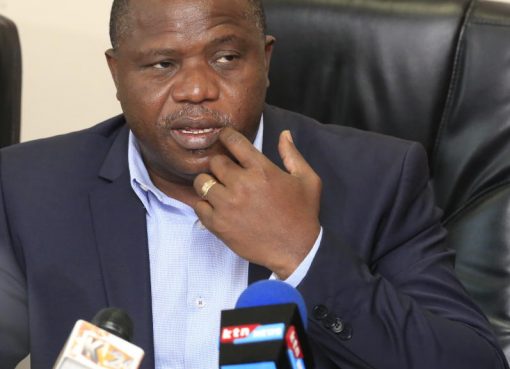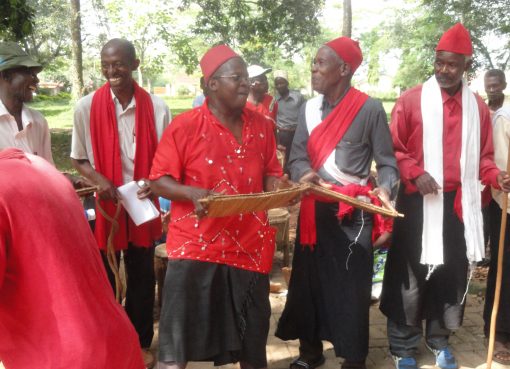Low levels of agriculture mechanization, which stands at a paltry 30 percent has contributed to food insecurity in the country.
The Kenya Agricultural and Livestock Research Organization (KALRO) Director General (DG), Dr. Eliud Kireger said in Kenya the level of agricultural mechanization was very low especially in small scale farming.
Speaking at the KALRO headquarters on Monday, during a conference on the Baseline of Agricultural mechanization in Africa, Dr. Kireger said that 80 percent of our farms are small and thus require unique and creative equipment to mechanize.
“When we talk of mechanization people think of big tractors but most farmers in Kenya operate one acre and below where you cannot use a tractor and this calls for appropriate mechanization for these sizes of land,” he said.
The DG added that through a project called Korea-Africa Food and Agricultural Cooperation Initiative (KAFACI) they are working on a program on how to improve mechanization in Kenya by borrowing lessons from Korea, since their size of farms is more or less the same as in Kenya.
“We have 18 African countries participating in this event and we are lucky as Kenya since we have a policy on mechanization, which many countries don’t have and we are hoping to hinge on that policy to guide us on mechanization of our faming system,” he said.
He highlighted that the main impediment to mechanization in Kenya is the cost of the machinery, inappropriateness of the machines that we have, in that some are not serviceable due to lack of spare parts.
“Since the government removed the tax on some of the tractors we expect that farmers will be able to pick it up and import the machines that we use. Fabrication of the farm machines here in Kenya is very low and we believe some of these machines can be made locally at a cheaper cost,” said Dr. Kireger.
Dr. Kireger explained that the collaboration they have with Korea is on research and ways in which the country can be able to fabricate machines suited for the local small holder farmers.
“We are encouraging farmers and youths to form Saccos and buy the equipment through the various funding mechanisms that are available and they can be leasing the equipment to the farmers,” he advised.
On his part, Agricultural Mechanization Research Institute (AMRI) Director, Dr. Noah Wawire said that in 2016 they established the status of mechanization on nine value chains, in local small and large scale farmers and realized that the levels were very low.
“The highest mechanization we found was in wheat which was at around 65 percent and coffee was the least mechanized at eight percent,” explained Dr. Wawire.
The Director highlighted that low levels of the mechanization means that there is a lot of demand on human labour which is very expensive and they are hoping to improve the level of mechanization from 30 percent to at least 40 percent in the short term.
“Maize farming in Kenya is highly mechanized which we realized is not efficient and we need more research to see how we can improve the utilization of those machines,” he said.
At the same time, the Korean Institute of Agricultural Sciences Senior Researcher, Dr. Young Choi said that they are working closely with Kenya in rice breeding project, agricultural mechanization, post-harvest genetic resources and next year they will launch a new project, which will include pest control and seed dissemination.
Dr. Choi said that they are also focusing on capacity building and one young Kenyan scientist will be visiting Korea to conduct some research cooperation project which will last for six months.
The scientists opined that mechanization will help the country achieve one of the Big 4 agenda goals of food security.
By Joseph Ng’ang’a




